Kissinger’s farewell to China
The former U.S. Secretary of State shaped the thaw between the two nations and was seen as a ‘good friend of the Chinese people’
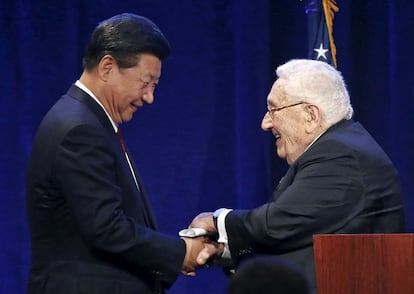

China deeply admired Henry Kissinger, the strategist behind the historic rapprochement between Beijing and Washington in 1972. He was seen as a trusted interlocutor, extending a welcoming hand as a true “friend of China.” The death of this former U.S. Secretary of State has not gone unnoticed in the Asian giant. State-owned media, including the more hardline outlets, have acknowledged his passing with warmth and respect. Leaders have conveyed their condolences, while ordinary citizens have taken to social media to express their sentiments.
Chinese President Xi Jinping’s warm condolences to President Joe Biden emphasized Kissinger’s role as a “world-renowned strategist, and an old friend and good friend of the Chinese people.” According to China’s official news agency Xinhua, Xi wrote, “Half a century ago, with an outstanding strategic vision, Kissinger made historic contributions to the normalization of China-U.S. relations, which has not only benefited the two countries, but also changed the world… Kissinger will always be remembered and missed by the Chinese people.”
The former diplomat and security advisor visited China over 100 times during his long life. Kissinger’s final move on the geopolitical chess board was a trip to Beijing in July, where he met with Xi in another effort to thaw icy relations between the two superpowers. “We will never forget our old friend and his historic contribution to Sino-American relations,” Xi said of their meeting.
The final meeting took place in the Diaoyutai residence, where official visitors usually stay. It was the same room where Kissinger secretly met with communist leaders during his first visit to China in 1971. Kissinger was the National Security Advisor to President Richard Nixon, tasked with fostering a closer relationship with China, seen as a potential counterweight to the Soviet Union during the Cold War.
While visiting Pakistan, Kissinger feigned illness and vanished for 48 hours. In reality, he flew to Beijing to negotiate an official visit by Nixon with Zhou Enlai, Mao Zedong’s right-hand man. It would be the first visit by an American president since the establishment of the People’s Republic in 1949. In his momentous book On China (2011), Kissinger wrote, “Confrontation did not make sense for either party — that’s why we were in Beijing.”
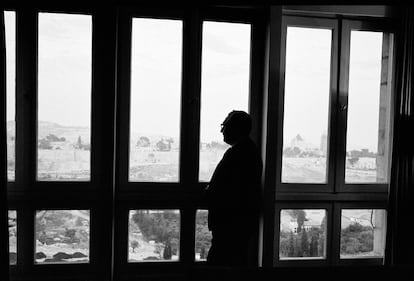
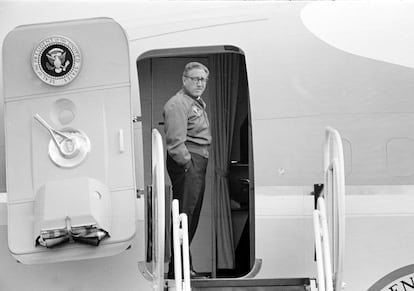

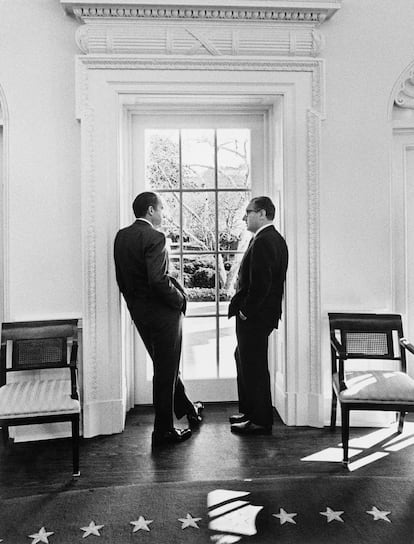
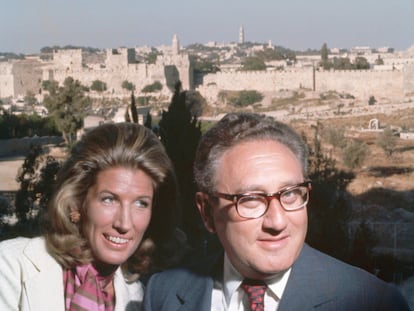
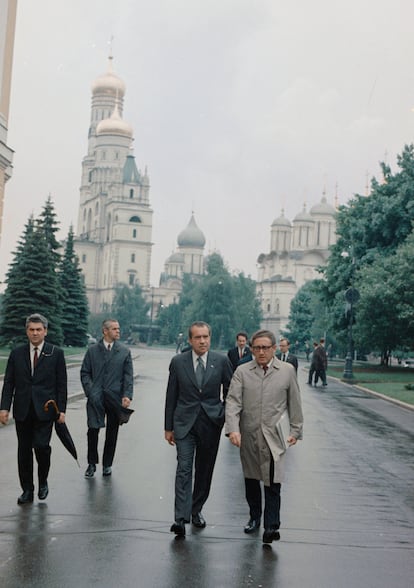
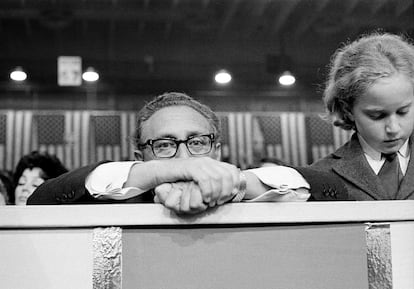
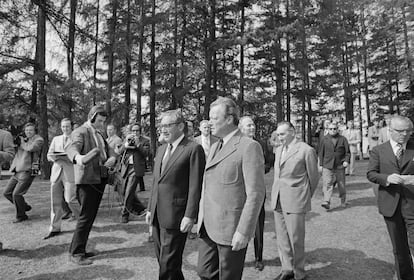
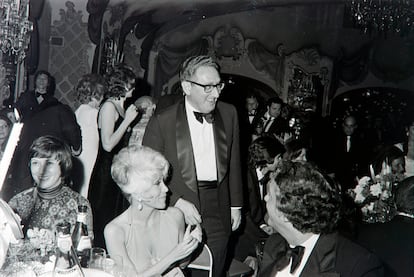
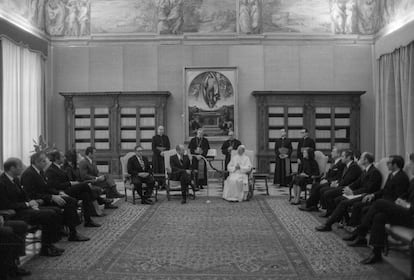
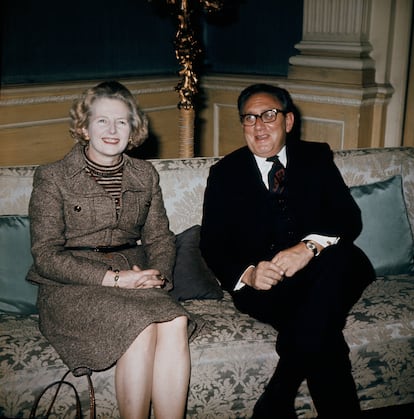
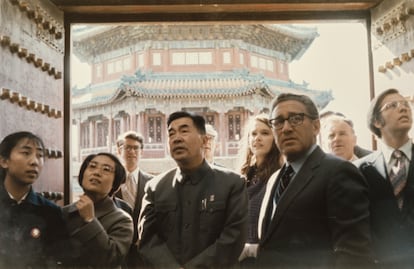

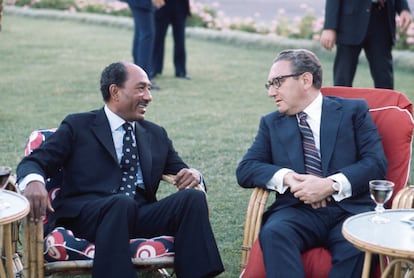
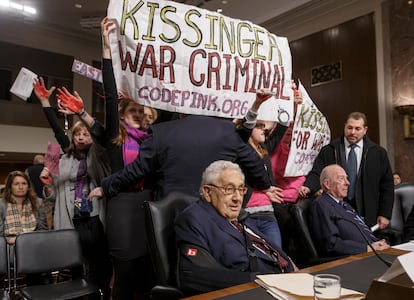
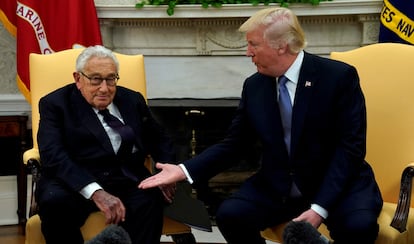
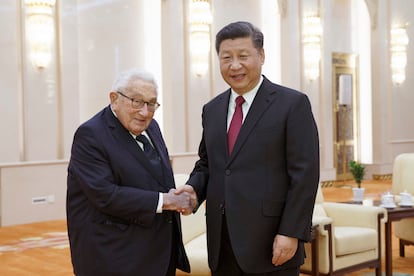
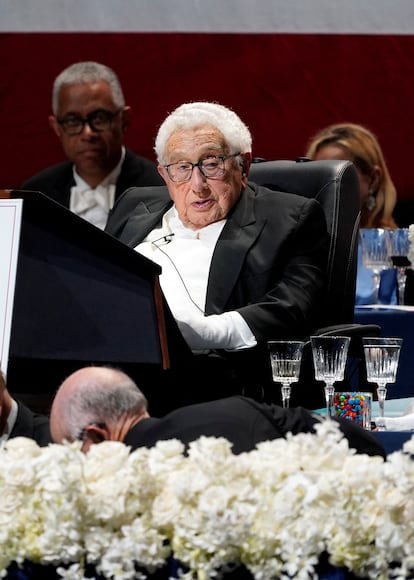
Another notable passage of On China describes the negotiation of the Shanghai Communiqué in 1972, a pivotal moment in the complex diplomatic context of Taiwan. Beijing considers Taiwan an integral part of its territory, while Washington formally recognizes the Republic of China in Taiwan. The arduous negotiation even quibbled over punctuation. Crafting one concise yet crucial paragraph was an arduous process that consumed two days and nights. It stands as an exemplar of dialectical tightrope-walking: “The United States acknowledges that all Chinese on either side of the Taiwan Strait maintain there is but one China and that Taiwan is a part of China.”
A vital relationship for world peace
In his final meeting with Xi last July, Kissinger evoked the historic 1972 agreement: “Under the current circumstances, it is imperative to maintain the principles established by the Shanghai Communiqué, appreciate the utmost importance China attaches to the one-China principle, and move the relationship in a positive direction… The relationship between our two countries is a matter of world peace and the progress of human society,” China’s official news agency Xinhua cited Kissinger as saying. His visit likely spurred Xi and Biden to meet in San Francisco in November, indicating a recent improvement in relations.
During a dinner with private sector representatives in San Francisco, the Chinese president emphasized the significance of his recent meetings with Kissinger and other Americans. He expressed that the future of the China-U.S. relationship rests with the people of both nations, particularly the youth, whose energy flourishes through everyday interactions.
Chinese Prime Minister Li Qiang and Foreign Minister Wang Yi also expressed their condolences to the Kissinger family and to U.S. Secretary of State Antony Blinken. “The Chinese people will remember Henry Kissinger for his sincere devotion and important contribution to China-U.S. relations,” Chinese foreign ministry spokesperson Wang Wenbin said on November 30.
The state-run China Global Television Network (CGTN) highlighted Kissinger’s “important role as a mediator in the rapprochement more than five decades ago.” The hardline Global Times newspaper reported several posts on Weibo, a Chinese social network: “Rest in peace, you are forever a friend of ours” and “History will not forget your name.” But another Weibo post was decidedly gloomy: “Few wise men remain in America — an era has come to an end.”
Kissinger said it was an “honor” that Nixon asked him to go to Beijing and rebuild the relationship. Over the years, he developed a special connection with the country. “Like many visitors over the centuries, I have come to admire the Chinese people, their resilience, their subtlety, their sense of family and the culture they represent.”
Sign up for our weekly newsletter to get more English-language news coverage from EL PAÍS USA Edition
Tu suscripción se está usando en otro dispositivo
¿Quieres añadir otro usuario a tu suscripción?
Si continúas leyendo en este dispositivo, no se podrá leer en el otro.
FlechaTu suscripción se está usando en otro dispositivo y solo puedes acceder a EL PAÍS desde un dispositivo a la vez.
Si quieres compartir tu cuenta, cambia tu suscripción a la modalidad Premium, así podrás añadir otro usuario. Cada uno accederá con su propia cuenta de email, lo que os permitirá personalizar vuestra experiencia en EL PAÍS.
¿Tienes una suscripción de empresa? Accede aquí para contratar más cuentas.
En el caso de no saber quién está usando tu cuenta, te recomendamos cambiar tu contraseña aquí.
Si decides continuar compartiendo tu cuenta, este mensaje se mostrará en tu dispositivo y en el de la otra persona que está usando tu cuenta de forma indefinida, afectando a tu experiencia de lectura. Puedes consultar aquí los términos y condiciones de la suscripción digital.








































